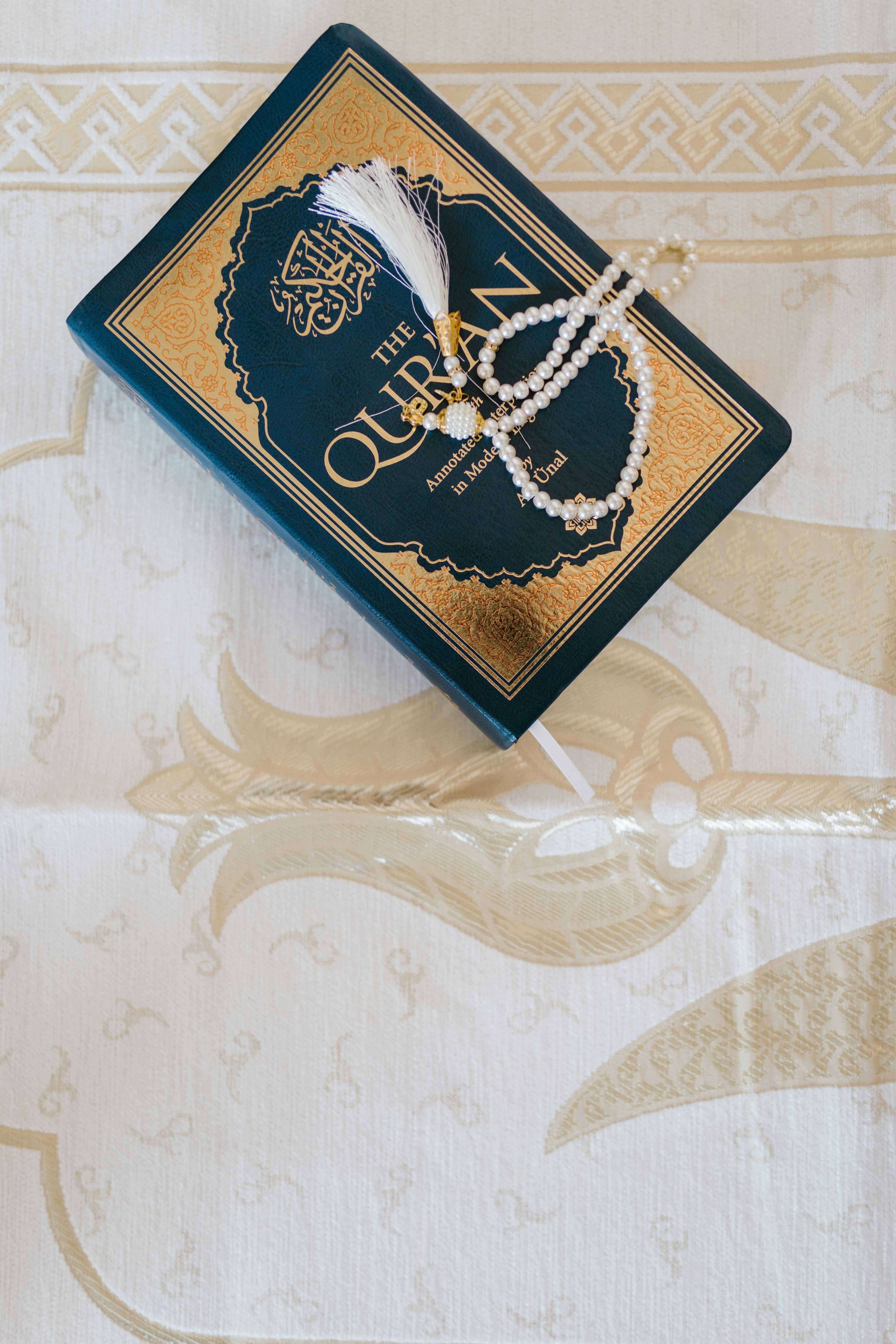Ramadan is the most important month of the year for Muslims, who spend the month commemorating the revelation of the Quran by Allah (SWT) to the Prophet Muhammad (PBUH) via the angel Jibreel. The ninth month of the Muslim lunar calendar, Ramadan is a time of obligatory fasting (Sawm), almsgiving (Zakat), and prayer (Salat).
Day by day, Muslims fast from sunrise until sunset, abstaining from food and drink of any kind (including water), as a way of purification. This fast helps to remind them of their dependence on Allah (SWT), in addition to deepening their relationship with Him and helping to develop discipline and the will-power needed to purge bad habits.
Zakat is an obligation to give 2.5% of one’s income, if able, to the poor and people in need. Although it can be given at any time during the year, it’s especially important and meaningful during Ramadan. Finally, regular prayer (several times per day) is one of the five pillars of Islam, but communal prayers, Taraweeh, are also undertaken each evening during Ramadan. People may also make duas, prayers asking for help and mercy, throughout the month.
While Ramadan is a sacred time, it can also be a logistically and physically challenging month, particularly if you’ve never fasted before. While people regularly go without food and water at night when they are sleeping, doing so during the waking hours can be tough, particularly when Ramadan falls within the longer days of spring or summer.
In order to thrive during Ramadan–plus make the most of this sacred month–it’s a good idea to prepare, both before the month begins and every day of Ramadan. Here’s how.
The Dates of Ramadan in 2025
First things first, get ready by marking your calendar. The Islamic (Hijri) calendar is based on phases of the moon and has 354 or 355 days in it (versus 365 days in the Gregorian calendar). The differences between the calendars mean that the start of Ramadan varies by 11 days each year.
In 2025, Ramadan is February 28 through March 29, beginning when the new crescent moon appears in Mecca. After this, the tenth month of the year, Shawwal, starts. The first three days of Shawwal mark the festival Eid al-Fitr, which celebrates the end of the fasting period of Ramadan.
Preparing for Ramadan: Logistics
If you will be fasting for Ramadan, prepare ahead of the month by adopting a healthy, consistent diet that strengthens the body, as much as you can. This can allow your body to adjust to the fasting period successfully. If you drink coffee, teas, sodas, and other caffeinated drinks, you may also want to gradually cut down on caffeine in the weeks before Ramadan, so you can avoid the caffeine withdrawal headaches that can come from reducing your consumption. You don’t have to give up caffeine during this holy month, but if you only can drink beverages at night, it’s not prudent to consume a lot of caffeine. You will need your sleep.
On that note, sleep can be key during Ramadan. If you are tired and grumpy, you are more likely to break your fast. Get enough rest so you can stay strong, dawn to dusk.
Also, think about undertaking some voluntary fasts in the month leading up to Ramadan, so you can get comfortable with the daily absence of food and water. This is especially a helpful practice if you’ve never fasted before. Plus, some voluntary fasts also provide opportunities for conscious devotion and spiritual focus. After all, it doesn’t have to be Ramadan to reap the benefits of fasting.
You may also want to think about iftar before the month begins. These evening meals to break the daily fast can be a fun, joyous time to spend with family and friends, but if you’ve been fasting all day, you may not have a ton of energy to prepare elaborate meals. Look up some easy meals ahead of time, and stock your pantry with staples before Ramadan, just to make cooking and meal preparation during the month a bit easier.
In terms of daily preparations, many Muslims will wake up long before sunrise in order to have a meal (suhoor) and hydrate before dawn marks the start of the daily fast. It’s important to hydrate during the evening and night–drink lots of water and other beverages. The best foods for suhoor are those that will keep your blood sugar stable, as much as possible, for hours to come, so aim for protein, veggies, fruits, healthy fats, and fiber, but not too much sugar.
Spiritual Readiness for the Holy Month
Ramadan is a month of spiritual focus and reflection, and it is best approached with a pure heart and prepared mind.
Adopting a spiritual practice and emphasizing it in the months leading to Ramadan prepares a person for deeper and more profound spiritual growth during this holy month. As you prepare, you may want to read the Quran more often, recite hadiths, pray regularly, and even create a few goals for the month. Goals can help you focus on what the month is truly about–devotion to Allah (SWT)–and help you think about the concrete actions you can take to improve your spirit, mind, and body. For example, maybe you want to give a certain amount to charity this Ramadan. Perhaps you want to pray more, find a way to volunteer regularly, or cement better habits in your life; all these are worthy Ramadan goals. To keep track of your progress on these goals, you might use a habit tracker to keep notes on prayers, study of the Quran, charitable and kind deeds that are undertaken, and bad habits that are actively being broken.
Ramadan is one of the best opportunities to cultivate your connection with Allah (SWT), so don’t miss out on everything this holy month has to offer to those who take the time to honor it.

Leave a Reply